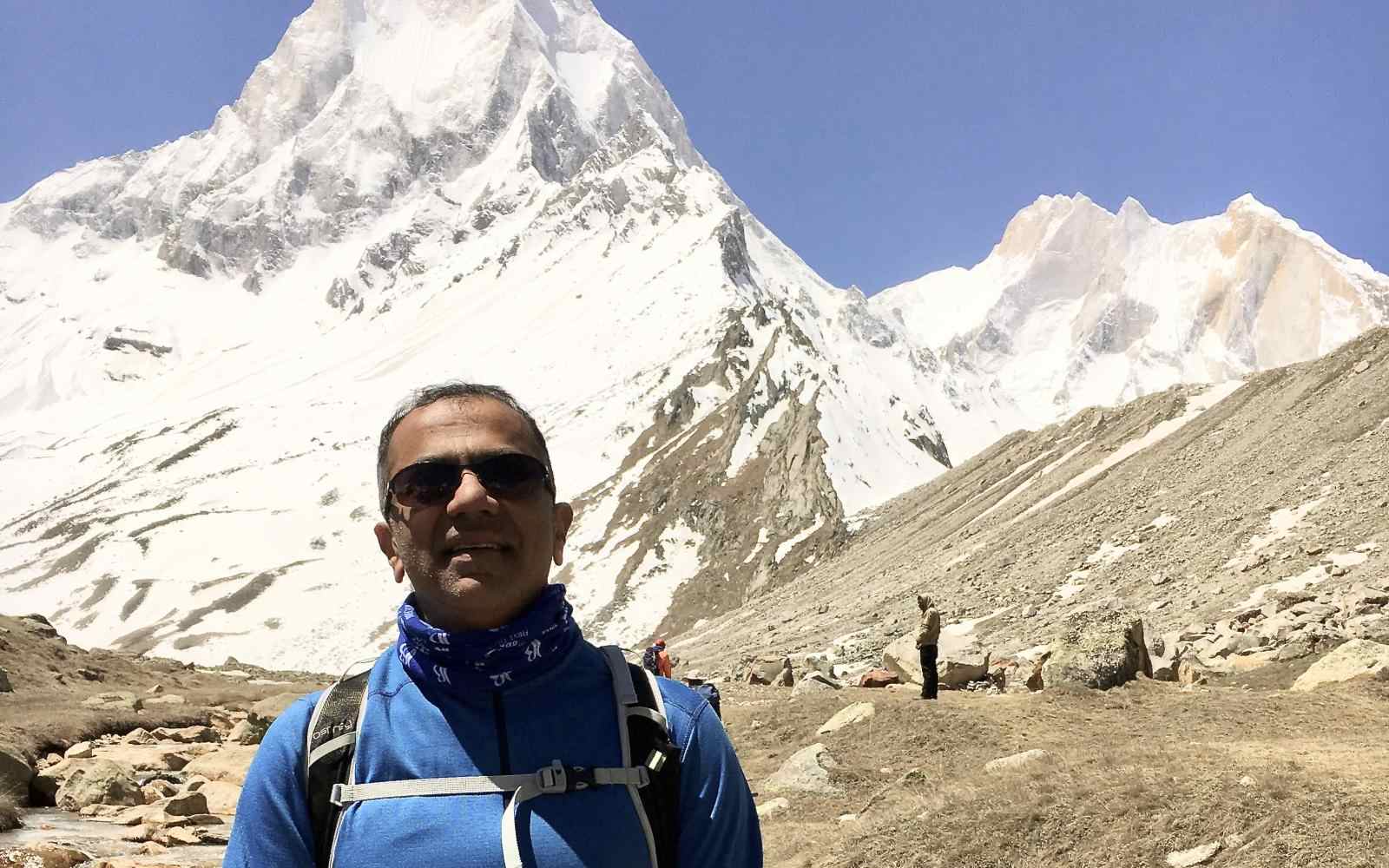Amit Bhargava's journey into the social impact space with the Ashoka Support Network
After 25 years of international experience in mergers, acquisitions, and corporate strategy development and execution, Amit Bhargava feels he can now contribute to the citizen sector with his time, experience and connections. Joining the Ashoka Support Network (ASN) seemed like a great opportunity to learn about the social space by engaging and supporting outstanding organisations and social entrepreneurs, the Ashoka Fellows.

